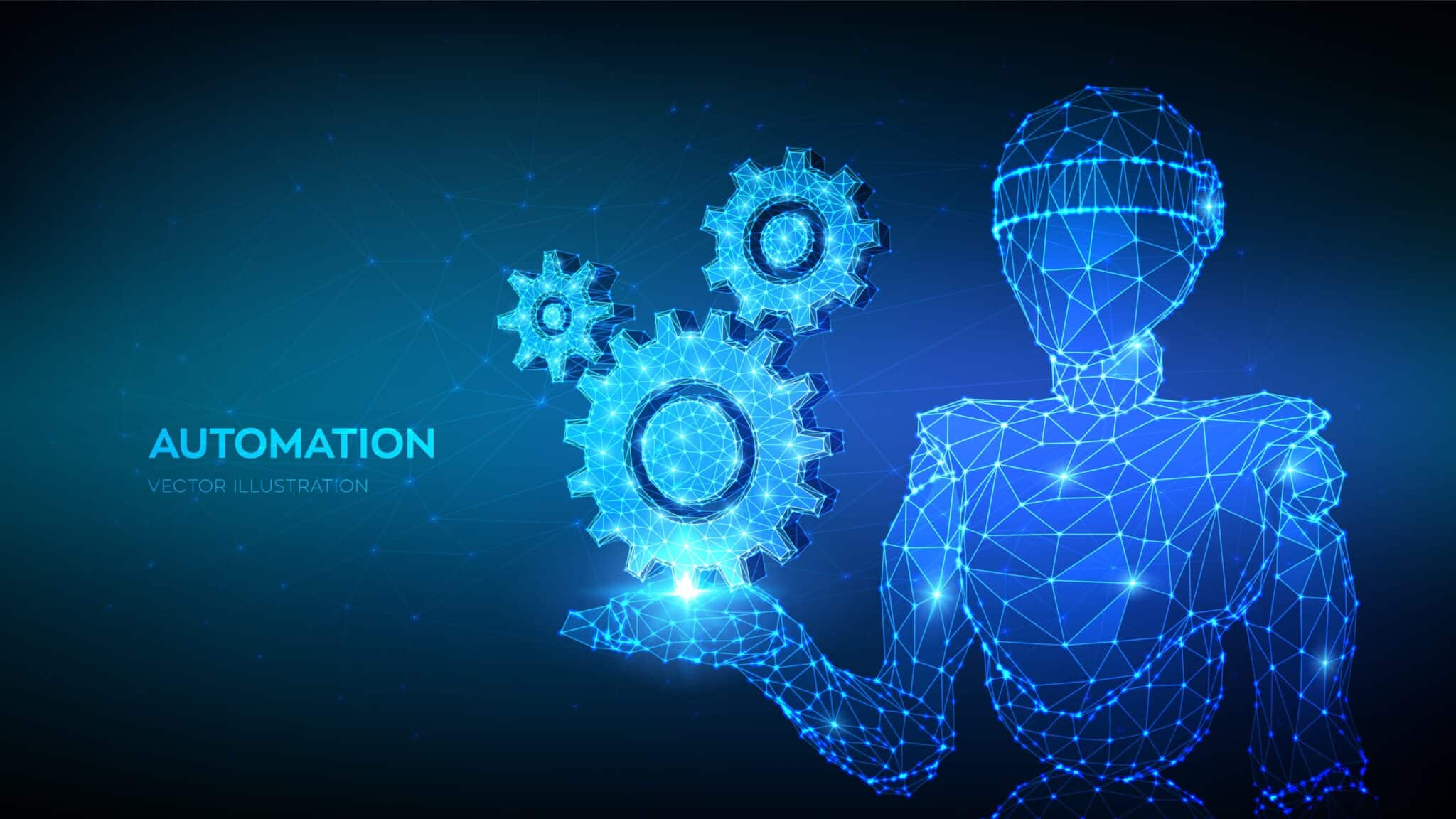In the evolving landscape of technology and business, intelligent automation (IA) is emerging as a pivotal force. Unlike traditional automation, which focuses on repetitive, rule-based tasks, IA integrates advanced technologies such as artificial intelligence (AI), machine learning (ML), and robotic process automation (RPA) to create systems that can adapt, learn, and make decisions. This powerful combination is revolutionizing industries, enhancing efficiency, and reshaping the future of work.
What is Intelligent Automation?
Intelligent automation is a sophisticated form of automation that leverages AI and ML to go beyond basic task execution. While traditional automation tools are designed to handle predefined, repetitive tasks, IA systems are capable of understanding and processing unstructured data, learning from experience, and making intelligent decisions. This allows IA to tackle more complex scenarios that require a higher level of cognitive processing.
How Intelligent Automation Works
IA systems typically integrate several key technologies:
- Robotic Process Automation (RPA): RPA tools handle rule-based, repetitive tasks by mimicking human interactions with digital systems. For instance, RPA can automate data entry, invoice processing, and customer service interactions.
- Artificial Intelligence (AI): AI enables systems to analyze and interpret data, recognize patterns, and make predictions. In IA, AI helps in decision-making processes by providing insights based on data analysis.
- Machine Learning (ML): ML algorithms allow systems to learn from data and improve their performance over time. In IA, ML can enhance the accuracy and efficiency of automated processes by continually adapting to new information.
- Natural Language Processing (NLP): NLP enables machines to understand and interact with human language. This is particularly useful for automating customer support and processing documents.
Benefits of Intelligent Automation
The adoption of IA offers numerous advantages for businesses:
- Increased Efficiency: IA can handle complex tasks more quickly and accurately than human workers. By automating time-consuming processes, organizations can achieve significant improvements in productivity.
- Cost Savings: While the initial investment in IA technology may be substantial, the long-term cost savings are considerable. IA reduces the need for manual labor, lowers error rates, and streamlines operations, leading to significant financial benefits.
- Enhanced Accuracy: By minimizing human error, IA ensures higher accuracy in tasks such as data entry, processing, and reporting. This leads to more reliable outcomes and better decision-making.
- Scalability: IA systems can easily scale to accommodate growing workloads. Unlike human workers, IA can handle increased volumes of work without a corresponding increase in operational costs.
- Improved Employee Experience: By automating mundane tasks, IA allows employees to focus on more strategic and value-added activities. This can lead to higher job satisfaction and foster a more innovative workplace culture.
Challenges and Considerations
Despite its many benefits, IA is not without challenges:
- Implementation Complexity: Integrating IA into existing systems can be complex and may require significant changes to business processes. Organizations need to carefully plan and execute their IA strategies to ensure a smooth transition.
- Data Privacy and Security: As IA systems process large amounts of data, ensuring the privacy and security of sensitive information is critical. Organizations must implement robust data protection measures to mitigate risks.
- Skill Requirements: The implementation of IA may require specialized skills and knowledge that are not readily available in the existing workforce. Investing in training and development is essential to equip employees with the necessary expertise.
- Ethical Considerations: The use of IA raises ethical questions about job displacement and the role of machines in decision-making. Organizations need to address these concerns by fostering transparent practices and considering the broader societal impacts of automation.
The Future of Intelligent Automation
The future of intelligent automation is bright, with continued advancements expected in AI, ML, and other related technologies. As IA systems become more sophisticated, their applications will expand, creating new opportunities for businesses and transforming various industries.
Organizations that embrace IA will likely gain a competitive edge by enhancing their operational efficiency and innovation capabilities. However, it is crucial to approach IA with a strategic mindset, addressing potential challenges and considering the broader implications of automation.
In conclusion, intelligent automation represents a significant leap forward in how businesses operate and interact with technology. By leveraging the combined power of AI, ML, and RPA, organizations can unlock new levels of efficiency, accuracy, and innovation. As we navigate this exciting era of technological advancement, embracing IA will be key to staying competitive and achieving long-term success in the dynamic world of work.
